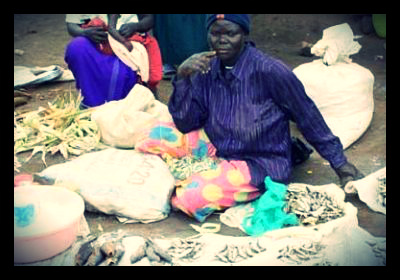Poverty in Kampala, Uganda

Uganda has been struggling for decades with issues of poverty and Kampala, its capital city, is no exception. The migration of residents from rural to urban areas has led to growing pockets of poverty in the capital since insufficient housing sends many to live on the streets. The poor of Kampala live in slums and nearly all citizens are unemployed. Most attain money by begging in the streets. With a population of 1,189,142 people in the city, access to clean and safe water is limited to 65 percent. The remaining 35 percent risk contamination and disease by getting water from highly contaminated sources.
Most of Uganda’s poor are the thousands of subsistence farmers who live in remote rural areas of the country. Lack of access to markets and technology has led several to abandon their villages and migrate to the city. Cities suck as Kampala present hope for those smallholder farmers who were unable to sustain their families. Kampala has been the destination for thousands and because of this, the city has been unable to provide for the masses of new residents. Inadequate sanitation in Kampala has increased incidences of waterborne diseases such as worm infestations and malaria. These issues drastically affect the economy of the residents throughout Kampala and increase the rate of poverty.
Research has shown that through implementation of a nationwide program that can help stabilize the situation of the poor, Uganda may be able to lower its poverty rates in the years to come. Uganda’s poverty level in 1992 was 56 percent and the goal to reduce it by half to 28 percent has already been achieved, since its current poverty level is 24.5 percent. Although the pace of poverty elimination in Kampala is slow, several programs such as the National Urban Policy (NUP) and the National Agricultural Advisory Services (NAADS) are being implemented to address the needs of thousands of rural and urban residents who are unable to produce a living.
– Maybelline Martez
Sources: Monitor, Observer
